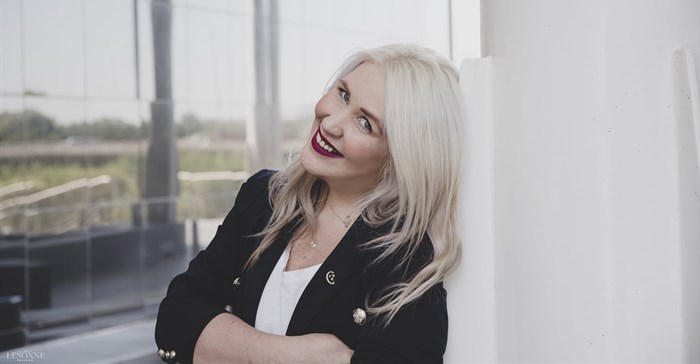With campaigns that lack flair and flamboyance, many brands have lost their ability to dance the flamenco, but our research shows that the flamenco is on the rise in 2023.

Carmen Murray, founder of Carmen Murray Communications says it's time for brands to dance the flamenco in 2023
A persuasive footwork, rhythmic handclapping, intricate arm, hand and body movements accompanied by a passionate guitar player, the flamenco is a solo dance in a beautiful dress with colourful textures and commanding the audience’s attention and connecting through drama, theatre, suspense, food and movement.
But if you want your brand to dance the flamenco this year, you will need to pay attention to a number of key trends or key consumer behaviours.
Key consumer behaviours
- Citizen journalists
In 2017, 68% of adults across the globe believed corruption is widespread across all giant corporations. Can you imagine how these stats will be amplified if conducted in 2023? Think how trust rust was broken in 2022 - Manchester United, Balenciaga, Dischem, Kim Kardashian, Adidas, etc.
With 71% SA online users concerned about what is fake and what is real, consumers have been doing their own research based on facts. The result is a rise of professional commentators, educating their communities on whether brands/celebrities are reporting or using PR tactics.
Their influence over their communities is immense and will have a massive impact on the “vote of the wallet”, that is how people will spend their money during the recession for the years to come. (Accenture also proved that lack of trust leads to a decline in revenue.)
They back everything up with data that news publications can’t produce. It has become a collaborative space where the public gets involved to call out brands and disseminate information. Citizen journalists also include employees, leaks and therefore culture nurturing can’t be taken lightly.
- The balanced life
We often hear the term “Quiet Quitting” and “Great Resignation”. People are prepared to give up toxic cultures, escape corporate captivism and evaluate a healthy balance of work and life on their terms.
During the pandemic, their partners and children had the opportunity to listen in to how their superiors and teams treated parents, called them after hours, and made them invisible to their own loved ones. The amplified stress and the absence of a healthy work-life will pose challenges for the future workforce, but also for the current workforce.
Our studies have shown us that people in SA would rather live in poverty than work in toxic cultures, that corporates don’t recognise that their behaviour has been on display to future generations, and that robots can’t replace the human race. The behaviour we are witnessing here is all about the “awakened” and how companies will lose talent and will be in desperate need of their skills.
People will leave, they will do business on their terms and that will come at a cost. Skills, experience, and wisdom will only be accessible to brands that live their truth and to their value systems.
- Neurodivergent advocates
Neurodiversity is on the rise. Many people are neurodivergent and don’t know it (or hide it).
Neurodivergent advocates are embracing their truth and encouraging many to do the same, and sharing their experiences to bring about an understanding of Neurodiversity and that it is an ability, not a disability. As a neurodivergent individual, my experience with audio and visuals has a profound impact on how I consume information and share it.
There can be inclusive sounds, visuals and storytelling that can reach our souls in a profound way, but it needs a person, team member or divergent leader of expertise to give it resonance.
This particular community is going to grow exponentially and it will address diversity and inclusion growth in policies and acceptance. If businesses don’t pay attention to the invisible, they will never see the visible.
Content needs to be inclusive with the written word, spoken word, visual graphics and video. Communities are starting to realise that we need each other to leverage our differences to dent the universe. If a brand lacks authenticity and creativity, they will not reach communities.
- Purpose warriors
Consumers are tired of “CSI” Initiatives – the poses and bragging are “inauthentic” and creates a culture where we see the less privileged as billboards, leaving them humiliated and vulnerable. Purpose warriors don’t want brand perspective but community perspective.
Do good but be tactful. Show how your difference makes an impact a year or 10 from now. Brand loyalists want constant updates on progress and want to know brands are honestly seeking to do good, and not put up a show as it’s perceived as a deceitful tactic, something they are learning from the citizen journalists.
Netnography for research
While our research methodology is a little offbeat, it is always on point. We use Netnography as the key ingredient to perform qualitative research and transition to business models, trusted sources and academic papers to begin the quest to find the topic rhythm.
Hearing where no one is listening. Observing where no one is paying attention. Then to spice things up, we use ancient numerology to give us a glimpse of what to look out for.





















































